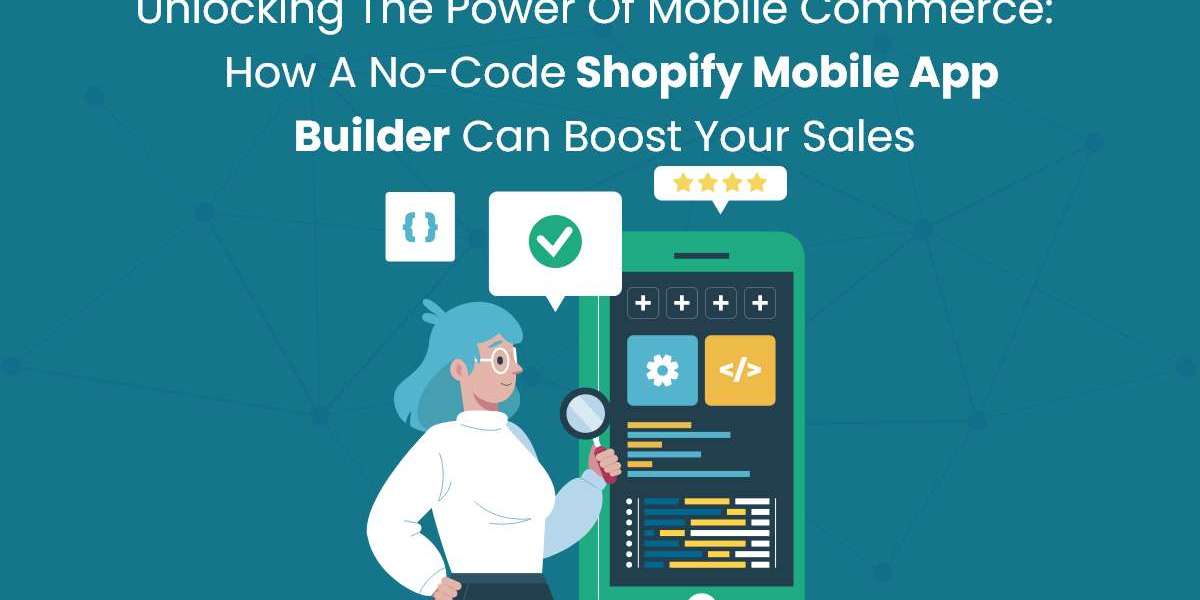What Are Hybrid Publishers?
Hybrid publishers are companies that blend the best aspects of traditional and self-publishing. Like traditional publishers, they offer professional editing, cover design, distribution, and marketing services. However, unlike traditional houses, hybrid publishers usually require authors to contribute to the cost of publishing.
This model provides authors with a level of creative control and a greater share of royalties, often retaining between 30% and 60% of profits compared to the 10% to 15% common with traditional publishing contracts.
How Hybrid Publishing Works
When working with hybrid publishers, authors typically pay an upfront fee to cover production costs. In return, they receive a full-service publishing experience, including:
Manuscript editing and proofreading
Professional cover and interior design
ISBN registration and copyright assistance
Print and eBook formatting
Distribution to major retailers like Amazon, Barnes & Noble, and IngramSpark
Marketing and publicity support
Once the book is published, the author retains a higher royalty percentage than they would with a traditional publisher. Some hybrid publishers also offer performance-based contracts or shared risk models, which reduce upfront costs in exchange for a larger revenue share on the backend.
Benefits of Choosing Hybrid Publishers
The rise of hybrid publishers is driven by the unique advantages they offer:
1. Professional Quality
Hybrid publishers maintain high editorial standards. Books published through them are often indistinguishable in quality from traditionally published works, giving authors credibility in a competitive market.
2. Author Control
Unlike traditional publishing, where the publisher has final say on edits, covers, and titles, hybrid publishing allows authors to retain more creative control over their work.
3. Faster Time to Market
Hybrid publishing generally has a much quicker turnaround time than traditional publishing, which can take 12 to 24 months. Most hybrid publishers release a book within 3 to 6 months of manuscript acceptance.
4. Higher Royalties
With traditional publishers, royalties can be as low as 10%. Hybrid publishers often offer royalty rates of 30–60%, allowing authors to earn more per copy sold.
5. Marketing Support
Many self-published authors struggle with marketing. Hybrid publishers typically include publicity campaigns, media outreach, and bookstore distribution in their service packages.
Common Misconceptions About Hybrid Publishers
Despite their growing popularity, there are still some misconceptions about hybrid publishers:
"They're just vanity presses in disguise."
While some vanity presses masquerade as hybrids, reputable hybrid publishers follow strict editorial standards, invest in book quality, and maintain transparency in pricing and services."Authors shouldn’t have to pay to publish."
In the hybrid model, payment is not for acceptance but for production and distribution. It’s a business partnership rather than a gatekeeper relationship."All hybrid publishers are the same."
Just like in any industry, quality varies. Authors should carefully vet hybrid publishers, review contracts, and speak to past clients before signing.
How to Choose the Right Hybrid Publisher
Finding the right fit is crucial when choosing among hybrid publishers. Here are a few tips to guide the selection process:
Research Their Reputation:
Look for third-party reviews, testimonials, and books they’ve published. Are they well-received? Professionally edited? Available in major bookstores?Review Their Contract:
Ensure that all terms are clear, especially regarding rights, royalties, marketing expectations, and distribution.Ask About Their Submission Process:
Reputable hybrid publishers will evaluate the quality of your manuscript before accepting payment. Avoid any that guarantee publication without a review.Understand the Costs:
Ask for a detailed breakdown of costs. Make sure you know what services are included and what may incur additional fees.
Is Hybrid Publishing Right for You?
The decision to publish through hybrid publishers depends on your goals, budget, and preferences. If you want a professionally produced book, more control over your creative vision, and a quicker path to market—but without the isolation of self-publishing—hybrid publishing might be your ideal solution.
For entrepreneurial authors willing to invest in their own success, hybrid publishers offer a viable, rewarding route that combines the professionalism of traditional publishing with the autonomy of self-publishing.



